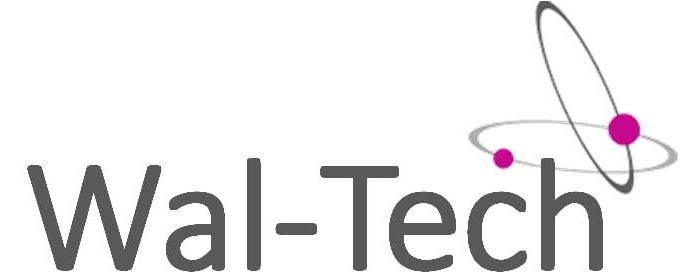The global market for plant-based proteins currently stands at approximately €10 billion and is projected to reach €15 billion by 2025. This figure is expected to increase in the coming years due to the needs of both animal and human nutrition, driven by the growth of the global population and the development of new dietary trends moving away from animal proteins (vegan, vegetarian, flexitarian, etc.). Currently, Europe faces a deficit in dedicated protein crops. Over 18 million tons of proteins, mostly soybeans, were imported in 2016, accounting for about 50% of the demand, while future supply tensions in the global market are anticipated, particularly due to the growing needs of Asian countries.
Furthermore, consumers are increasingly demanding natural and locally sourced products from organic agriculture, while the area dedicated to protein crops remains low in Wallonia, although it is growing throughout Europe. This is partly due to the fact that this type of crop yields low incomes for farmers due to yield and crop quality issues. At the same time, significant reserves of plant materials, naturally containing proteins, are downgraded or underutilized every year due to rapid denaturation. Stabilizing them is a major challenge to maintain their highest quality for any potential valorization.
Lastly, the agri-food industries also generate numerous co-products rich in proteins that would also benefit from better valorization. The valorization of these new protein sources in products for the food sector requires overcoming certain technological barriers to enable their formulation or consumer acceptability.
An update on the development of plant-based and alternative protein value chains
and alternative protein value chains for the food and feed sector will be presented through the testimony of industrialists, researchers and other players in the Walloon protein value chain (cooperatives, farmers, processors, etc.).
Two main themes will be discussed:
The circularity of Walloon protein through the valorization of co-products
The sustainability of the Walloon protein chain through local sourcing and processing.


